As a newcomer to this dynamic field, you may find the marketing digital course landscape both fascinating and overwhelming. Fear not, for this comprehensive guide will steer you through the intricate web of digital marketing, shedding light on the latest trends and strategies. By the end of this journey, you’ll be equipped with the knowledge to not just survive but thrive in the digital marketing realm.
Understanding the Digital Marketing Ecosystem
Before we delve into the latest trends and strategies, let’s establish a solid foundation by understanding the digital marketing ecosystem.
The Digital Marketing Spectrum
Digital marketing encompasses a vast spectrum of activities that aim to promote and market products, services, or brands using digital channels. These channels include but are not limited to:
- Search Engine Optimization (SEO): The process of optimizing your website to rank higher on search engine results pages.
- Content Marketing: Creating and sharing valuable content to attract and engage a target audience.
- Social Media Marketing: Promoting your brand and content on various social media platforms.
- Email Marketing: Using email to communicate with potential and existing customers.
- Paid Advertising: Paying to place digital ads on various platforms.
- Affiliate Marketing: Partnering with other businesses or individuals to promote your products or services.
- Influencer Marketing: Collaborating with influencers to promote your brand or products.
- Video Marketing: Using video content to engage and educate your audience.
- Analytics and Data Analysis: Collecting and analyzing data to make informed marketing decisions.
The Digital Marketing Funnel
The digital marketing funnel represents the stages a potential customer goes through, from awareness to purchase. These stages typically include:
- Awareness: The customer becomes aware of your brand or product.
- Interest: The customer shows interest and seeks more information.
- Consideration: The customer considers purchasing.
- Intent: The customer intends to make a purchase.
- Purchase: The customer makes a purchase.
- Loyalty: The customer becomes a loyal advocate for your brand.
The Latest Trends in Digital Marketing
Now, let’s explore the ever-evolving digital marketing landscape and the trends that are shaping its future.
1. Video Marketing Dominance
Video marketing is no longer a trend; it’s the kingpin of digital content. With platforms like YouTube, TikTok, and Instagram Reels gaining prominence, video content is the most engaging and shareable form of media. To capitalize on this trend, businesses are creating compelling video content, including product demos, how-to guides, and behind-the-scenes glimpses.
2. Social Commerce
Social media platforms are increasingly becoming shopping destinations. Features like Instagram Shopping and Facebook Marketplace allow users to browse and purchase products without leaving the app. As a business, you can leverage these features to sell directly to your social media followers.
3. Artificial Intelligence (AI) and Chatbots
AI is revolutionizing digital marketing. Chatbots, powered by AI, provide instant customer service, answer queries, and even recommend products based on user behavior. They enhance user experiences and save businesses time and resources.
4. Voice Search Optimization
With the rise of voice-activated devices like smart speakers, optimizing for voice search is crucial. Businesses are adapting their SEO strategies to accommodate the conversational language used in voice searches.
5. Interactive Content
Interactive content, such as quizzes, polls, and surveys, engages users and provides valuable data for businesses. It’s a two-way street: users get an interactive experience, while businesses gain insights into user preferences.
6. Personalization and Customization
Personalization is at the forefront of marketing. Businesses are using data to tailor marketing messages to individual customers. Email campaigns, product recommendations, and website content are becoming increasingly personalized.
7. Sustainability and Green Marketing
As environmental consciousness grows, sustainable and eco-friendly marketing is gaining momentum. Businesses are promoting eco-friendly products and practices to appeal to socially conscious consumers.
Digital Marketing Strategies for Success
With the latest trends in mind, let’s explore strategies to help your business thrive in the digital marketing landscape.
1. Define Your Goals
Start by setting clear and measurable goals. Are you looking to increase website traffic, generate leads, boost sales, or enhance brand awareness? Your goals will guide your digital marketing efforts.
2. Understand Your Audience
Know your target audience inside and out. This includes demographics, preferences, pain points, and online behavior. Understanding your audience allows you to create content and campaigns that resonate with them.
3. Develop a Content Strategy
Content is the backbone of digital marketing. Create valuable, relevant, and consistent content that speaks to your audience. This may include blog posts, videos, infographics, and social media posts.
4. Search Engine Optimization (SEO)
Optimize your website for search engines to improve its visibility in search results. This includes keyword research, on-page SEO, quality content, and backlink building.
5. Social Media Marketing
Choose the social media platforms that align with your target audience. Create a content calendar, engage with your audience, and use paid advertising to expand your reach.
6. Email Marketing
Build an email list and send targeted and personalized emails to your subscribers. Email marketing is a powerful tool for nurturing leads and building customer loyalty.
7. Paid Advertising
Consider paid advertising campaigns, such as Google Ads or Facebook Ads, to reach a broader audience. Set a budget and carefully target your ads.
8. Analytics and Data Analysis
Use analytics tools to track the performance of your digital marketing efforts. Analyze the data to make data-driven decisions and optimize your strategies.
9. Conversion Rate Optimization (CRO)
Improve the conversion rate of your website by optimizing landing pages, forms, and calls to action. A small increase in conversion rates can have a significant impact on your bottom line.
10. A/B Testing
Experiment with different strategies and content variations through A/B testing. This helps you identify what works best for your audience and fine-tune your marketing campaigns.
Navigating the Digital Marketing Maze
As you embark on your journey into the world of digital marketing, keep in mind that it’s an ever-evolving landscape. The trends mentioned here represent the current state of the industry, but tomorrow may bring new innovations and opportunities. The key to success is to remain agile, stay informed about the latest trends, and continuously adapt your strategies to meet the evolving needs of your audience. Digital marketing is a journey, and with the right knowledge and dedication, it can lead your business to new heights of success in the digital age.
Which is the Best Course in Digital Marketing?
The best course in digital marketing depends on your specific goals, learning style, and budget. Here are some popular and well-regarded options:
- Google Digital Garage: Google offers a free online course covering various aspects of digital marketing, including SEO, social media, and analytics. It’s a great starting point for beginners.
- HubSpot Academy: HubSpot provides a range of free digital marketing courses, with certifications in content marketing, inbound marketing, email marketing, and more. These courses are highly regarded in the industry.
- Coursera and LinkedIn Learning: These platforms offer a variety of digital marketing courses, including those from universities and industry experts. Check out courses like the “Digital Marketing Specialization” on Coursera and “Online Marketing Foundations” on LinkedIn Learning.
- Udemy: Udemy has numerous digital marketing courses at different price points. Look for courses with high ratings and reviews from students.
- Digital Marketing Institute (DMI): DMI offers professional digital marketing certifications, such as the Certified Digital Marketing Professional (CDMP) program, which is globally recognized.
- Local Workshops and Seminars: Consider in-person workshops or seminars in your area. They offer hands-on experience and networking opportunities.
The best course for you will depend on your specific needs, whether you’re looking for a comprehensive overview or specialized knowledge in areas like SEO, social media, or email marketing.
What is the Digital Marketing Course?
A digital marketing course is an educational program that provides instruction on various aspects of digital marketing. These courses cover a wide range of topics, including search engine optimization (SEO), social media marketing, content marketing, email marketing, pay-per-click advertising, analytics, and more.
Digital marketing courses can be found at different levels, from introductory and beginner courses to advanced and specialized programs. Some courses are free, while others come with a fee and offer certifications upon completion. Many courses are available online, making it convenient for learners to study at their own pace.
The content and structure of digital marketing courses can vary, but they typically include lectures, video tutorials, practical assignments, quizzes, and assessments to evaluate your understanding of the material. The goal of these courses is to equip learners with the knowledge and skills needed to plan, execute, and analyze effective digital marketing campaigns.
Are Online Digital Marketing Courses Worth It?
Online digital marketing courses can be highly valuable, depending on your goals and how you approach them. Here are some considerations:
- Affordability: Many online digital marketing courses are affordable or even free. This makes them an accessible way to learn and acquire new skills.
- Convenience: Online courses offer flexibility, allowing you to learn at your own pace and on your schedule. This is particularly beneficial for working professionals and individuals with busy lifestyles.
- Certifications: Some online courses provide certifications upon completion. These can be valuable for enhancing your resume and demonstrating your expertise to potential employers or clients.
- Up-to-Date Content: Reputable online courses often feature up-to-date content and reflect the latest trends and best practices in digital marketing.
- Global Accessibility: Online courses are accessible to learners worldwide, giving you the opportunity to learn from experts and institutions from various locations.
However, it’s essential to approach online courses with a clear purpose and commitment. While many online courses are valuable, your experience and the benefits you gain will depend on your dedication to learning and applying the knowledge you acquire.
Can I Learn Digital Marketing on My Own?
Yes, you can learn marketing digital course on your own, and many professionals have successfully done so. Here’s how you can approach self-learning in digital marketing:
- Online Resources: Utilize online resources such as blogs, websites, and forums to access articles, guides, and discussions about digital marketing topics. Websites like Moz, Neil Patel, and Search Engine Journal offer a wealth of information.
- Online Courses: Consider enrolling in free or paid online courses from reputable sources like Google Digital Garage, HubSpot Academy, and Coursera. These courses provide structured learning paths.
- Books: Digital marketing books can provide in-depth knowledge on specific topics. Look for titles authored by experts in the field.
- Practice: Apply what you learn by creating and managing your digital marketing campaigns. Experiment with different strategies to gain practical experience.
- Networking: Join digital marketing communities and forums to connect with professionals in the industry. Networking can provide valuable insights and opportunities for learning.
- Certifications: While not necessary, digital marketing certifications can validate your skills. Consider pursuing certifications from organizations like Google, HubSpot, or Facebook.
Learning marketing digital course on your own requires self-discipline, dedication, and a willingness to stay updated with the latest industry trends. It’s a dynamic field, and continuous learning is essential to stay competitive. You may also want to consider seeking mentorship or guidance from experienced professionals to accelerate your learning journey.


